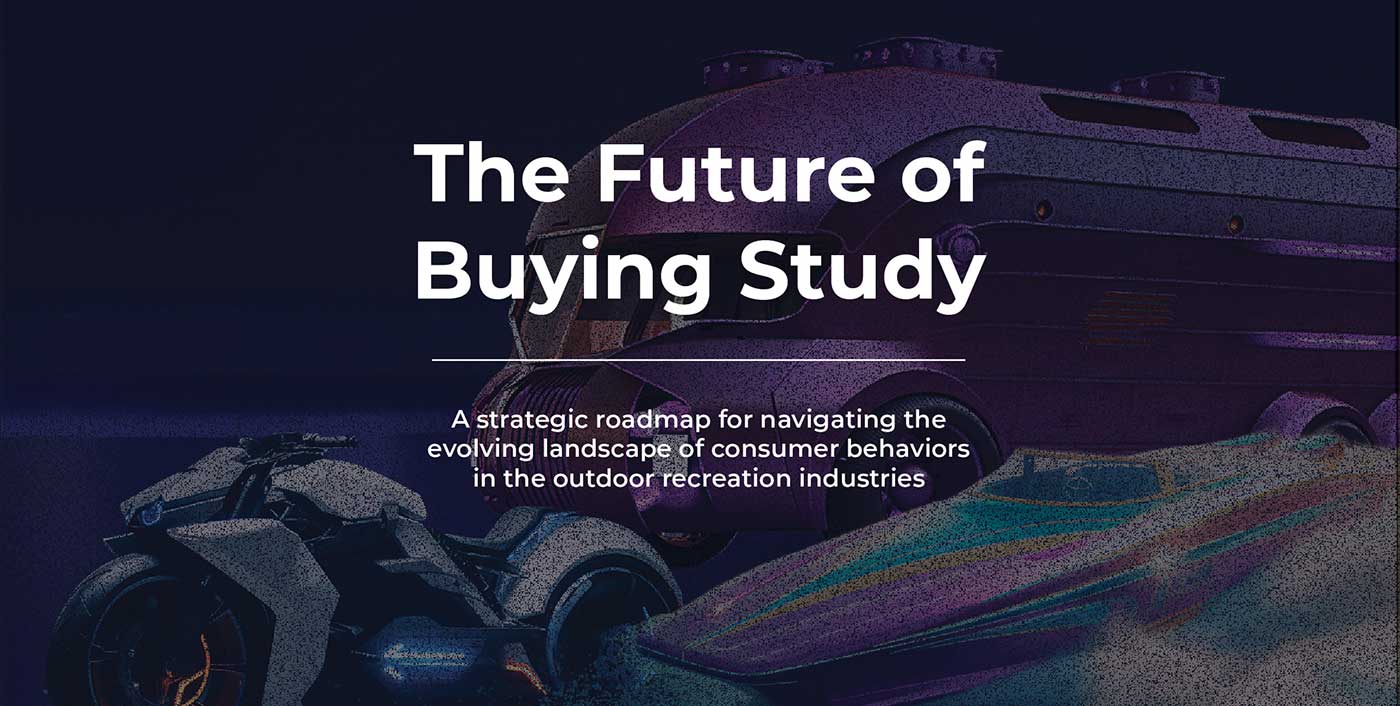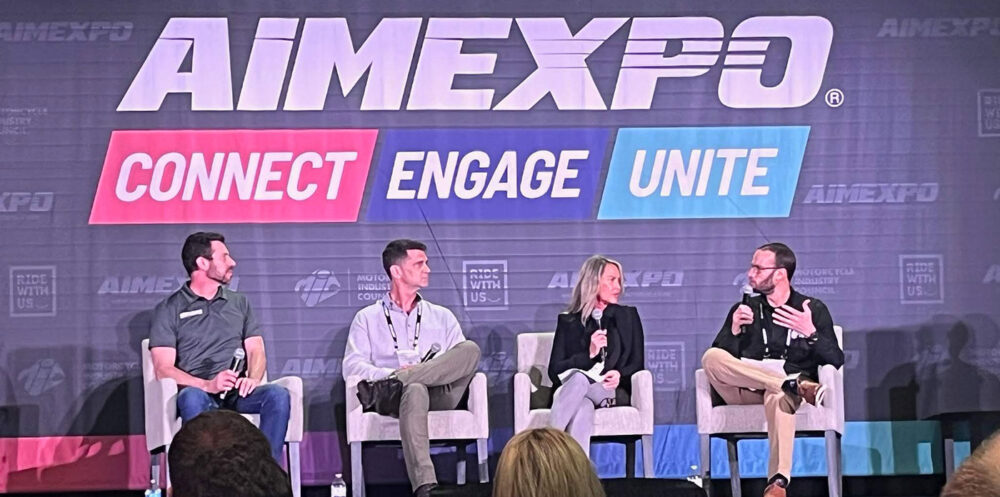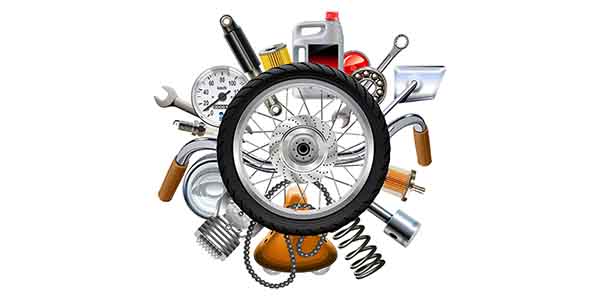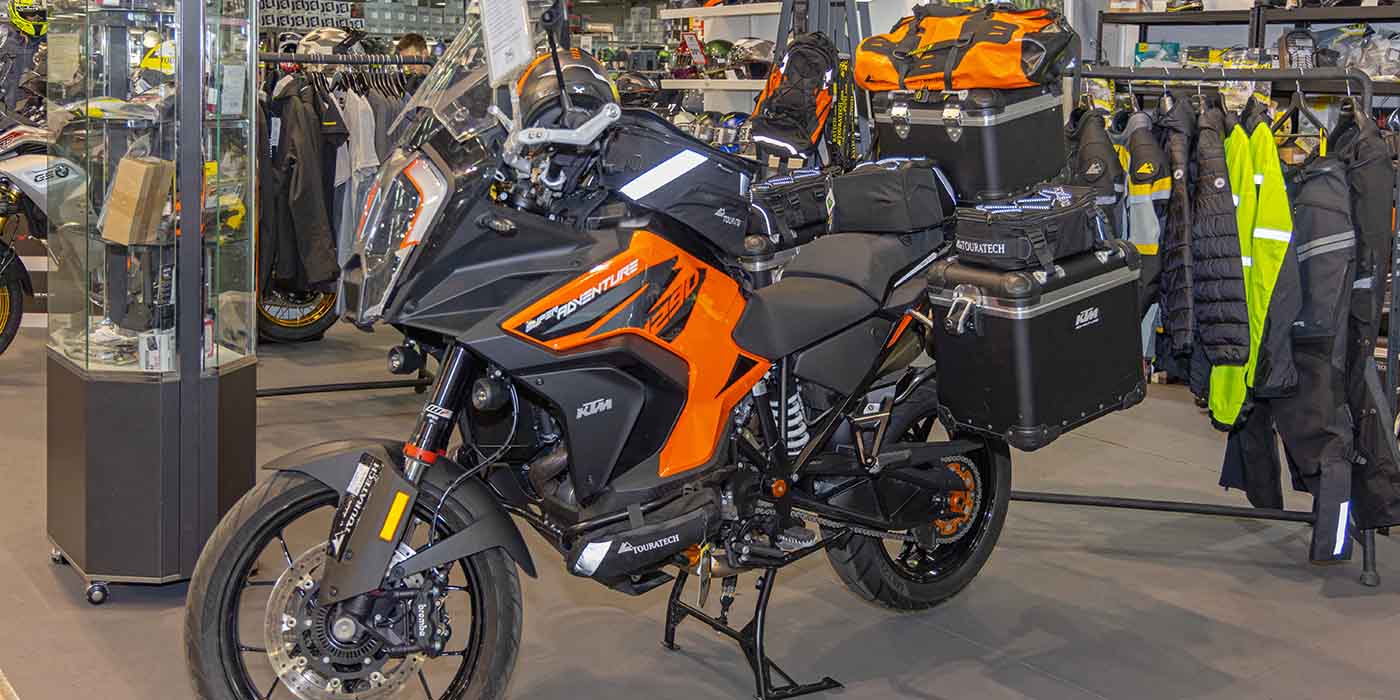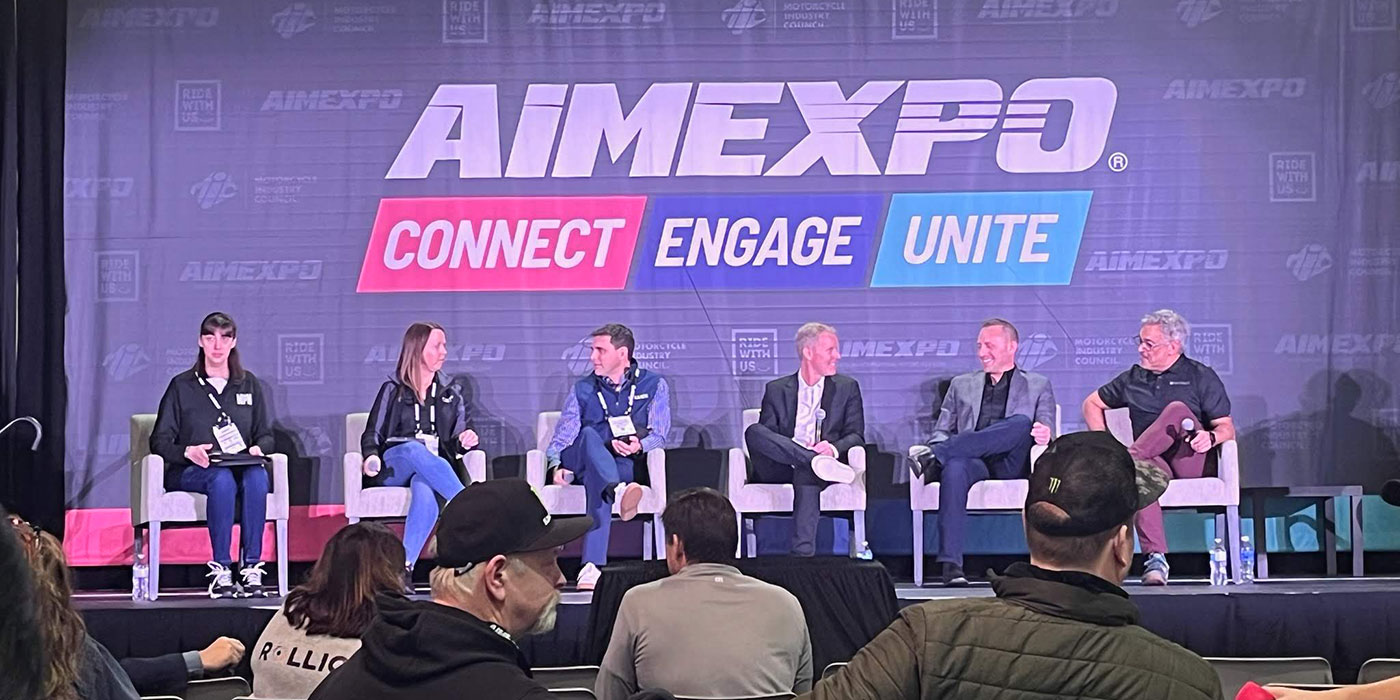In the aftermarket industry, there is a lot of discussion about counterfeits, and these discussions are usually pretty unpleasant. If unchecked, counterfeits can destroy brand value not to mention decrease legitimate sales. Counterfeits are clearly inferior to the products they are copying, right? But there is a time when “materially different” products can be a good thing and can actually lead to higher sales and greater brand value.
What I’m talking about is another kind of material difference. Not actually a difference in the materials, but a legal material difference. This type of material difference can be used to your advantage, and can assist cleaning up sales channels, as well as helping to eliminate actual counterfeits.
First, what is the legal definition of a “material difference”? The best and most concise definition I’ve found is: “Any difference that a consumer would consider relevant when purchasing a product.”
This would be a great time to point out that I am NOT an attorney and nothing I say should be taken as legal advice. But that being said, I do spend much of my life reading and researching these things.
So, what does this kind of material difference look like in non-legal terms? To answer that question, all we need to do is think about what kind of difference would matter to a us, if we were buying a product.
Would it matter to you if a seller has not been trained in the proper storage and quality control of a product? I would want to know that.
What about being on a recall list? If a seller I bought from was unaware of potential problems with the product I was buying, I would certainly want to know that.
And my favorite, what if the awesome gear I bought did not come with a manufacturer warranty, even though it looked identical to ones that do come with a warranty? That is sure as hell something I would find relevant!
You can see how these types of “material differences” would matter to us, as consumers, but do you know who else thinks they are relevant? Amazon.
Amazon, with all the issues they create for MAP enforcement, does do one thing very well. They focus on customer experience. And this focus on customer experience is probably the primary factor in their continued growth. If Amazon customers buy products without warranties, or that are materially different in other ways, without realizing it, they can get pretty pissed off. It is this pissed off attitude from Amazon that helps manufacturers clean up their brands.
When a brand asks Amazon to remove a seller because they are violating Minimum Advertised Price (MAP) policies, all you will hear from Amazon is crickets. They just don’t care. In fact, if customers are getting a better price, Amazon sees that as a better customer experience, not a worse one. So, they are not about to do anything to help you.
If on the other hand, their customers are getting “materially different” products and are unhappy they are much more open to stepping in. Now, suddenly your priorities and Amazon’s are aligned.
Learning to create these material differences, without creating too much internal hassle is a fine balance, but it can be used to great effect. Anything that aligns your priorities with that of a behemoth like Amazon has to be good, right?
So, how does this help deal with actual counterfeits, you might be asking? Well, if you remove the fringe sellers who are selling the fakes, you keep the counterfeits out of the marketplace! And it is much easier to do by focusing on the good sellers and making sure they are the only ones selling than trying to identify all the bad apples. Plus, it is much better for your mental state.
If you have any questions, please reach out to me at [email protected], or visit us at mapservicescorp.com.



